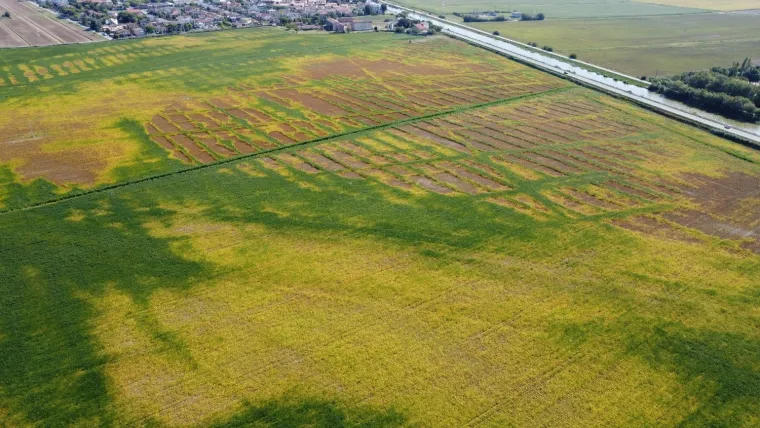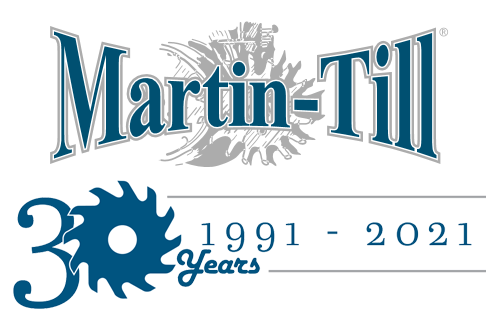An Italian no-tiller is making the case for GMO corn as a way to mitigate the harmful impacts of Europe's worst drought in 500 years.
Marco Aurelio Pasti no-tills 1,300 acres of corn, soybeans, wheat, barley, sugar beets, wine grapes and walnuts. He's the past-president of the Italian corn grower association and has broad expertise in conservation tillage.
In an editorial he wrote for Global Farmer Network, Aurelio Pasti details the difficulties of the summer of 2022 for farmers. Italy's longest waterway, the Po River, dried up, and his farm near Venice was very hot and received no rain from the end of April to the middle of August.
The drought badly affected his corn and soybeans, which are irrigated. He uses a system of channels and ditches to irrigate his very flat land with water from a shallow water table, but this irrigation method only works well if farmers get at least 1 inch of rain. Without rain, water consumption rose, soils hardened, and young plants couldn't establish deep roots and take in sidedressed nitrogen.
The problems compounded when the Aspergillus flavus fungus infected Aurelio Pasti's corn. He says the conditions in the summer of 2022 were perfect for an outbreak because the fungus takes hold when crops suffer stress from heat and drought. Plus, corn damaged by the European corn borer is more prone to fungal disease, and Aurelio Pasti noticed the corn borer larvae had opened pathways for the fungus to take hold in his own fields.
"Because of these challenges, this crop year was going to be difficult no matter what," Aurelio Pasti writes in his editorial. "Yet it was made harder because governments have blocked farmers like me from enjoying access to basic technologies that would have reduced the most harmful effects of the drought."
Aurelio Pasti says regulators banned farmers from planting Bt corn, which resists the European corn borer, in Italy because it's GMO corn. Meanwhile, farmers in nearby Spain, Portugal and other countries around the world have been using it successfully for more than a generation. Aurelio Pasti says his corn had no defense to a pest that can reduce fields in a first corn crop by as much as 30% and as much as 60% in the second corn crop.
"Insecticides can help limit the damage, but success with them requires excellent timing, special high-clearance tractors and additional costs," Aurelio Pasti says. "And in July, temperatures are high, and the metabolism of plants and insects is so fast that a few days of delay can make a significant difference in the efficacy of the attempted crop protection process."
He sees the best solution available today as Bt corn that naturally repels pests and lowers the risk of fungal disease. GMOs are key to the world's food safety and also good for the environment, since they reduce the need for insecticides and allow farmers to grow more with less land, inputs and water.
"Today in Italy and across most of Europe, we can’t take advantage of new and old GMOs and a growing list of crop-protection products because lawmakers paid more attention to the alarmism of ideological activists than the advice of scientists," Aurelio Pasti says. "We must go back to science and explain to people that facing the challenge to nourish 8 billion people in a changing climate we need to make decisions based on facts."
Related Content
Mexico’s GMO Corn Ban Will be Costly
Report Says GMOs Are Not Harmful to Human Health
European Farmers Let Nature Do Their Tillage
The No-Till Passport series is brought to you by Martin Industries.
Since 1991, Martin Industries has designed, manufactured and sold leading agriculture equipment across the U.S. and Canada. Known for Martin-Till planter attachments, the company has expanded to include a five-step planting system, closing wheel systems, twisted drag chains, fertilizer openers and more in their lineup. Their durable and reliable planter attachments are making it possible for more and more farmers to plant into higher levels of residue.








Post a comment
Report Abusive Comment